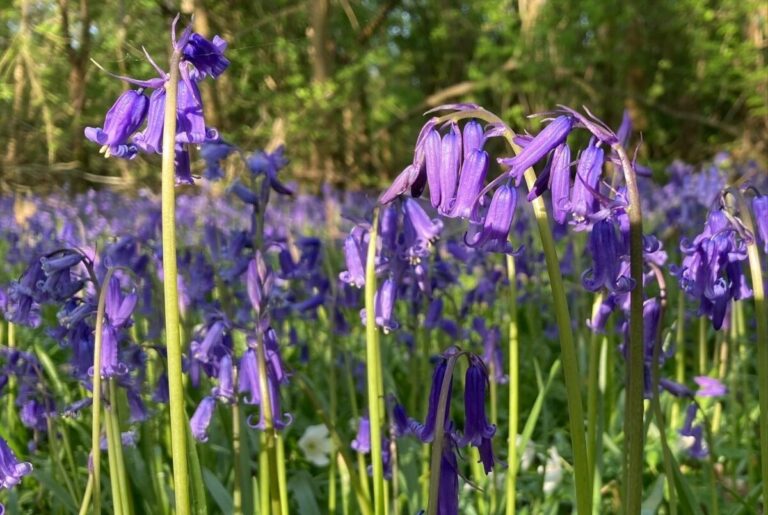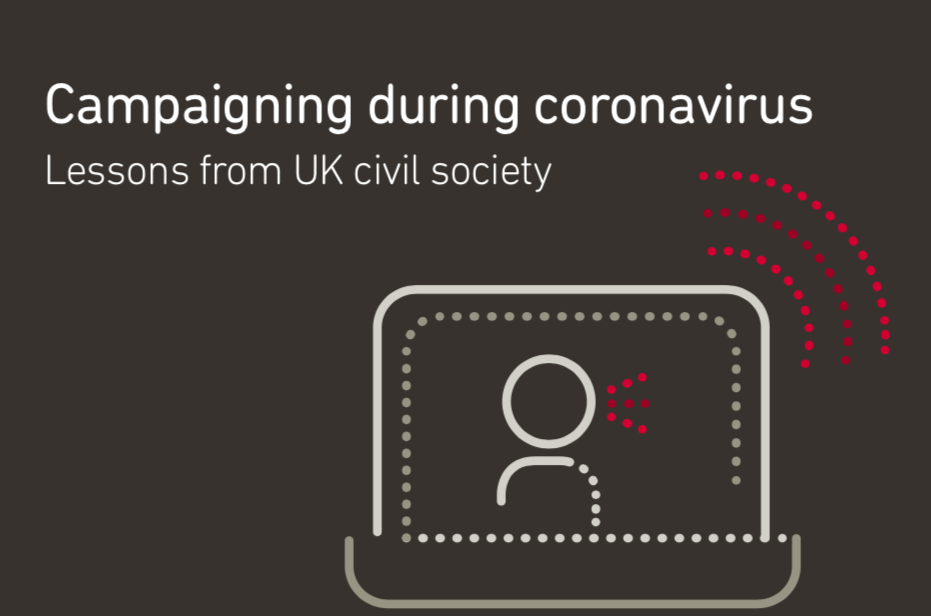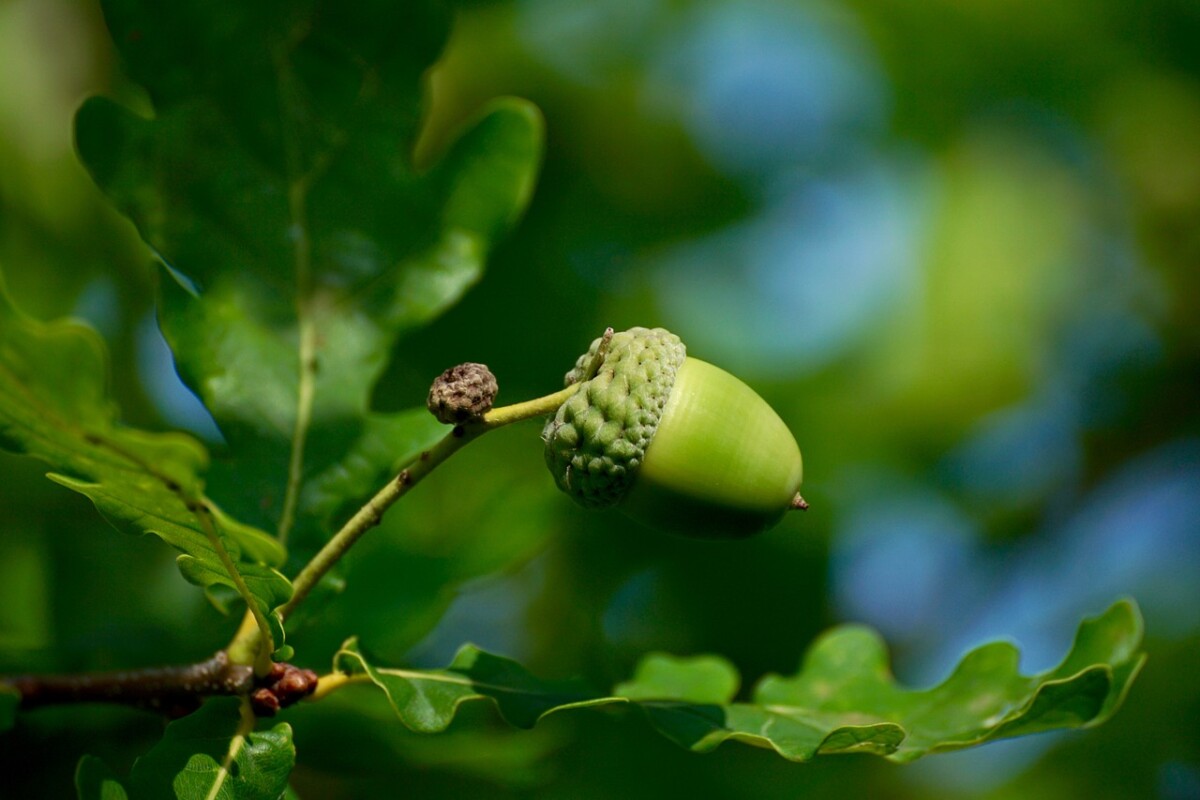Charities unite with campaign to Save Our Wild Isles

National Trust, the RSPB and WWF have partnered in their first major campaign together to urge everyone to come together to halt the destruction of UK nature and Save Our Wild Isles.
The campaign follows last night’s launch of the BBC’s Wild Isles series, which is narrated by David Attenborough, and focuses entirely on the British Isles.
The Save Our Wild Isles campaign aims to engage the UK public and inspire them to act – highlighting both how nature underpins everything that makes our lives possible, and how threatened it is.
Advertisement
The charities say there is just enough of the UK’s natural world left to save, and if everyone – the public, communities, businesses and UK leaders work together to aid its recovery, nature could begin to thrive again within the next few decades.
The charities are calling on the public to commit to “Go Wild Once a Week”. This, they say, could mean making space for nature in their neighbourhoods by planting wildflower seeds in a window box or green space, eating less meat or getting involved in local community projects, or joining the charities in urging the country’s leaders to act now for nature’s recovery.
One of the first actions the charities will be taking is to engage businesses and employees on the impact that business plays in the fate of nature in the UK, and providing tools and guidance on how to take positive action.
The charities will also be providing guidance, advice and inspiration for how people and communities can play an active role in restoring nature near to them. The charities’ partners and celebrity ambassadors are also encouraging everyone to play their part, with further announcements to come in the weeks and months ahead.
In a joint statement, Hilary McGrady, Director-General National Trust, Beccy Speight, Chief Executive of the RSPB and Tanya Steele, CEO of WWF (UK), said:
“The amazing wildlife and wild places that make the UK so special are being destroyed at terrifying speed. Huge numbers of animals, birds and habitats have been quite literally wiped out in our own lifetimes and we must now accept that without urgent and collective action, our economy, the climate and the stability of future generations living in our wild isles all face a ticking timebomb.
“Nature underpins everything that makes our lives possible – from the air we breathe, to the clean water we drink, to the food we eat. It is our life-support system, and it’s clear that nature’s recovery, and the desire to reverse the harm we have inflicted over the last two centuries, are issues that unite us all. Together, we can save our wild isles.
“It is a massive challenge, and we need to act fast, but there is hope. The science is clear about what we need to do and there are already amazing people transforming farms, businesses, coasts, urban spaces, transport networks, energy supplies and communities for nature. We just need much more of it.”
A YouGov poll commissioned for the Save Our Wild Isles campaign revealed that over three-quarters, (76%), of people in the UK are worried about the state of nature. The UK is in the bottom 10% of countries globally for protecting nature, yet only 5% believe the UK to be one of the worst countries in the world at preserving nature.
The charities share these statistics: in the last 50 years, 38 million birds have vanished from UK skies, 97% of our wildflower meadows have been lost since the 1930s, and a quarter of all our mammals, including water voles and Greater mouse-eared bats, are at risk of extinction.





